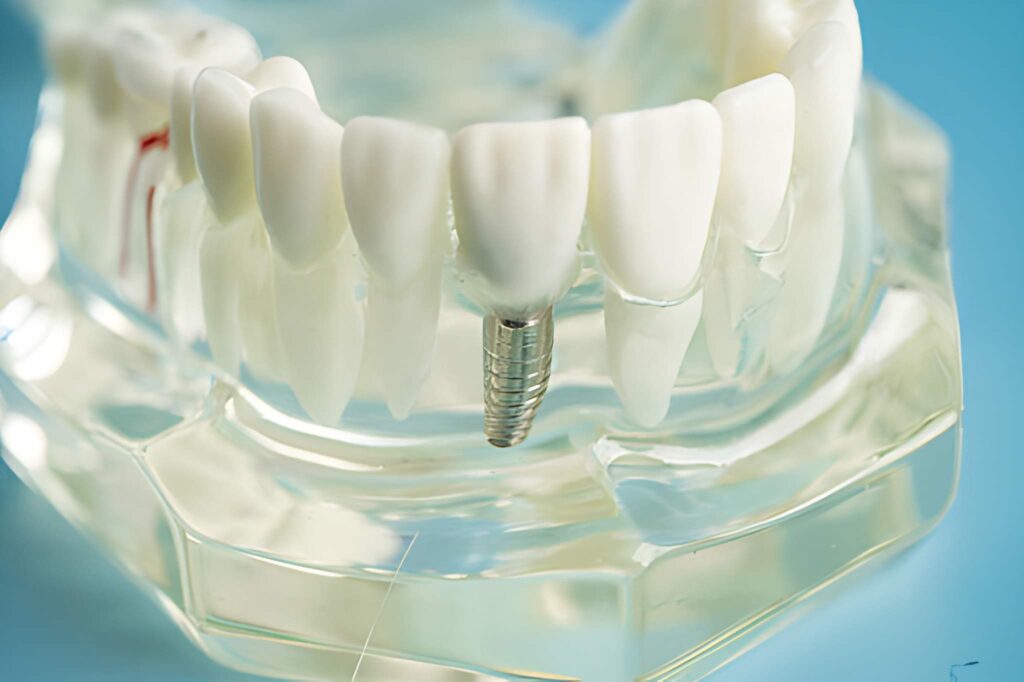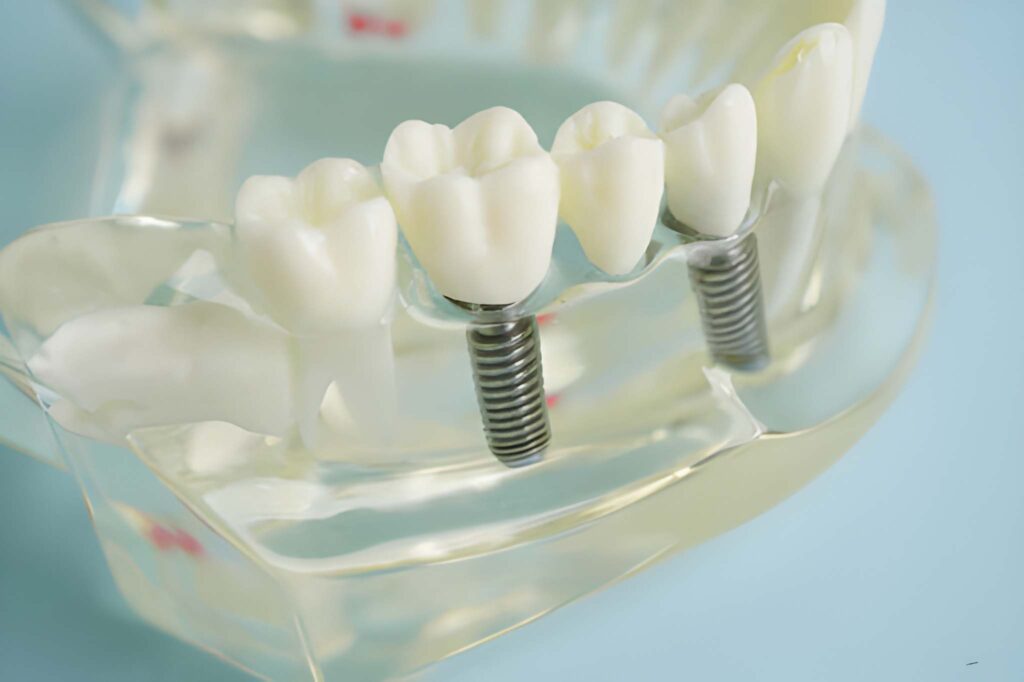Teeth whitening results vary depending on the method, lifestyle habits, and oral hygiene routine. Professional treatments last the longest, while over-the-counter options fade more quickly. This guide explains longevity, whitening types, factors affecting results, and tips to maintain a brighter smile.
A bright smile can boost confidence and enhance your appearance. Teeth whitening helps remove stains and brighten tooth colour, but results vary from person to person. The duration depends on the treatment you choose and how well you care for your teeth afterwards. This guide explains how long whitening lasts and how to maintain brighter results for longer.
What Is Teeth Whitening?
Teeth whitening is a cosmetic treatment designed to lighten the colour of your teeth by removing stains and discolouration. Safe teeth whitening options in Aberdeen use approved bleaching agents such as hydrogen peroxide or carbamide peroxide to brighten your smile effectively. The results are noticeable, but not permanent, and proper aftercare is essential to help them last longer.
How Teeth Whitening Strips Can Help You Smile Brighter
How Long Does Teeth Whitening Last?
The longevity of teeth whitening depends on the method used, lifestyle choices, and oral hygiene. Some treatments last only a few months, while professional whitening can last up to 3 years.
Average Duration of Whitening Methods
- Whitening toothpaste: 2–4 months
- Whitening mouthwash: Up to 3 months
- Whitening strips: 4–6 months
- At-home whitening kits: 6–12 months
- Professional in-office whitening: 1–3 years
Types of Teeth Whitening & How Long They Last
Whitening Toothpaste
Removes surface stains using mild abrasives. Results appear in 2–6 weeks and last 2–4 months with daily use.
Whitening Mouthwash
Contains peroxide and requires daily use. Results appear in around 3 months and fade quickly without maintenance.
Whitening Strips
Effective for surface stains and typically last 4–6 months with occasional top-ups.
At-Home Whitening Kits
Dentist-approved kits with custom trays last 6–12 months and provide stronger, more consistent results.
Professional In-Office Whitening
Provides the most dramatic and longest-lasting results, lasting 1–3 years with proper care.
Factors Affecting How Long Teeth Whitening Lasts
1. Type of Staining
Intrinsic stains (inside the tooth) are harder to remove and may require professional treatment. Extrinsic stains (surface stains) respond better to whitening.
2. Diet & Lifestyle
Foods and drinks that cause staining include:
- Coffee
- Tea
- Red wine
- Fizzy drinks
- Tomato sauces
- Curry
- Berries
Smoking also significantly reduces whitening longevity.
3. Oral Hygiene Routine
Daily brushing, flossing, and regular dental cleanings help maintain whiter teeth.
4. Age & Natural Tooth Colour
Teeth naturally darken with age as enamel thins, meaning older patients may need more frequent top-ups.
How to Make Teeth Whitening Last Longer (Step-by-Step)
1. Follow a Strong Oral Hygiene Routine
Brush twice daily, floss regularly, and use whitening toothpaste for maintenance.
2. Avoid Staining Foods & Drinks
Limit coffee, tea, and fizzy drinks. Rinse after consuming them or use a straw to reduce staining.
3. Quit Smoking
Smoking causes deep stains and reduces the lifespan of whitening results.
4. Schedule Regular Dental Cleanings
Professional cleaning removes plaque and surface stains that dull your smile.
5. Use Touch-Up Treatments
Whitening kits, strips, or occasional professional sessions help maintain brightness.
FAQs (Based on People Also Ask)
How long does professional teeth whitening last?
Professional whitening typically lasts 1–3 years, depending on lifestyle and oral hygiene.
Does teeth whitening damage enamel?
When done correctly, whitening is safe and does not damage enamel. Over-whitening, however, can increase sensitivity.
How often should you whiten your teeth?
Most people benefit from whitening every 6–12 months at home or every 1–3 years professionally.
Can I eat normally after whitening?
Avoid staining foods and drinks for 48 hours. Follow a “white diet” temporarily for best results.
Can teeth whitening remove deep stains?
Whitening works best on surface stains. Deep intrinsic stains often require professional treatment.
Author Details
Written by: Holburn Dental & Implant Centre Clinical Team
Reviewed by:Teeth Whitening Dentist




